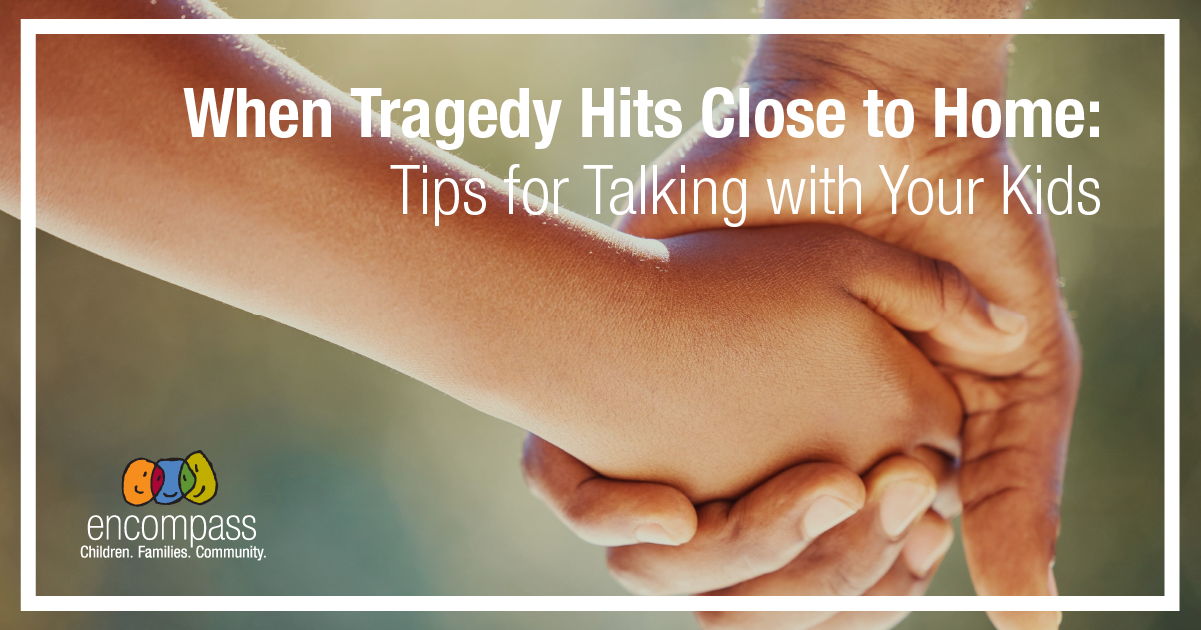Is it Sensory Processing Disorder or “Bad Behavior?”
Is it Sensory Processing Disorder or “Bad Behavior?”
By Darlene Logan, OTR/L
Has your child ever fallen down spontaneously onto an uncluttered floor or thrown himself to the ground without any “good” reason? Have you ever found your child crying or hitting a friend for no apparent purpose?
What may appear to be “bad behavior” may actually be an indicator that your child has trouble correctly processing sensory inputs from his or her body.
You have five main sensory systems: hearing; sight; taste; smell; and touch. But, unknown to many, you also have two “hidden” systems- your proprioceptive and your vestibular systems.
The proprioceptive system controls the subconscious input from the muscles and joints that inform the brain of body movement and position in space. For example, this systems lets your brain know how your body is moving when you sit down, stand, bend your arm, etc. The vestibular system determines balance, hand/eye coordination, and muscle tone.
When all of these systems are working together well, a child’s behavior is more-easily regulated and the child may appear to have a better perception of the world around them, including which behaviors are considered appropriate and which behaviors are not. When these systems are not working well together, the sensory overload a child experiences may look like “bad behavior.” 
The following information explains “hypo” and “hyper” registration for the nervous system and will help you to identify whether or not your child may have troubles processing information from their sensory systems.
Hypo-Sensitive Deficits:
It takes a great deal of proprioceptive input for children with hypo-sensitive deficits to “feel” what their bodies are doing. These proprioceptive shortfalls may include:
- A poor sense of body awareness and body position because these children can’t control their gross or fine motor muscles
- May appear clumsy and easily-frustrated
- Typically “crashers” or “bangers”-These children play with their toys too hard (breaks crayons, rips paper when erasing, holds the pencil too hard) or crashes into you when they are coming to give you a hug, falls down without crying, or runs into furniture and seems not to notice
- These children may have trouble manipulating objects like turning door knobs, or may have a poor grip on light objects like forks or hair brushes
- Need to use their eyes to see what their bodies are doing because of poor body awareness
- Ordinary tasks like zipping up a jacket, buttoning a shirt or getting out of bed in the dark become very difficult
Children who are hypo-sensitive to input from sensory systems are typically “sensory seekers.” This means that they may be:
- Constantly touching people and objects to the point of being disruptive
- Constantly be in motion-no stop button
- Constantly humming or making noises for no apparent reason
- Staying on task for more than a few minutes is almost impossible
- Very impulsive and easily distracted
- Unable to organize their lives, keep their rooms clean, or keep up with homework
Children with proprioceptive deficits are usually accompanied by problems processing information from the tactile and/or vestibular systems, as well.
Hyper-Sensitive Deficits:
On the contrary, children with hyper-sensitivity are very sensitive to sensory input. These children:
- Do not want to move around and touch things
- Are constantly sitting and playing with one toy that they have become accustom to
- Are sometimes referred to as “couch potatoes” because they do not engage in a lot of physical activity
- Do not like things that are considered “light touch”, such as bubbles, wind blowing, or light rain, nor things that stick to them like glue or finger paint
Children who are hyper-sensitive to input from sensory systems are typically “sensory avoiders.” People who are especially sensitive to their sensory systems:
- May shy away from your touch
- May not like to be hugged or to cuddle

- Do not enjoy playing on playground equipment
- Do not enjoy art because they prefer not to touch materials like glue or glitter
- Are very sensitive to light touch
- Cannot tolerate unexpected touch
Whether your child is “hypo” or “hyper” sensitive, they may also experience certain deficits within the tactile system. For example, some people are hyper-sensitive to light touch (air or bubbles) and others do not perceive hot and cold temperatures or pain correctly. While these issues can stand alone, they typically are associated with people who also struggle with other aspects of sensory processing.
Children with tactile sensitivities:
- Constantly need to touch things and/or people
- Can be self-abusive because they are craving the sensation of touch
- Have poor proprioceptive registration
- Have a tendency to mouth everything
If you or someone you know has a child that displays any of these behaviors, the Encompass pediatric therapy team can help. Our professional staff of licensed therapists and coaches will work one-on-one with your child to help overcome sensory deficits. We will use personalized exercises and activities to expand your child’s tolerance to the sensitivities that irregularities in his or her sensory systems may be causing.
By understanding your child’s every day experiences and struggles, you will also be able to help adjust your family’s lifestyle and routine to accommodate his or her inherent needs. By doing so, you will begin to recognize that your child may not be intentionally behaving poorly, but rather, has a unique perspective of the world around him. Parents will gain a deeper understanding of the struggles that their child or children are facing, and will gain the skills needed to create positive change.
Encompass’ pediatric therapy clinic will provide evaluations for children from three months to twelve years of age. Kids who qualify will work closely with our group of professional therapists on expanding their mental flexibility and decreasing sensory sensitivities.
Voted “Most Loved Pediatric Therapy Clinic of 2015” by Snoqualmie Valley and Issaquah Macaroni Kid readers, our services help children overcome personal struggles that are affecting their ability to perform every day routines. As an added bonus, families gain invaluable skills and knowledge that can improve the household dynamic as a whole.
Imagine a world where you can attend a movie or go out to eat together as a family. Those things, and many more, are all possible with the help of our caring and dedicated staff.
Most insurance plans are accepted. To schedule an appointment, please call the Encompass Pediatric Therapy Clinic at 425.888.3347.
















Leave a Reply